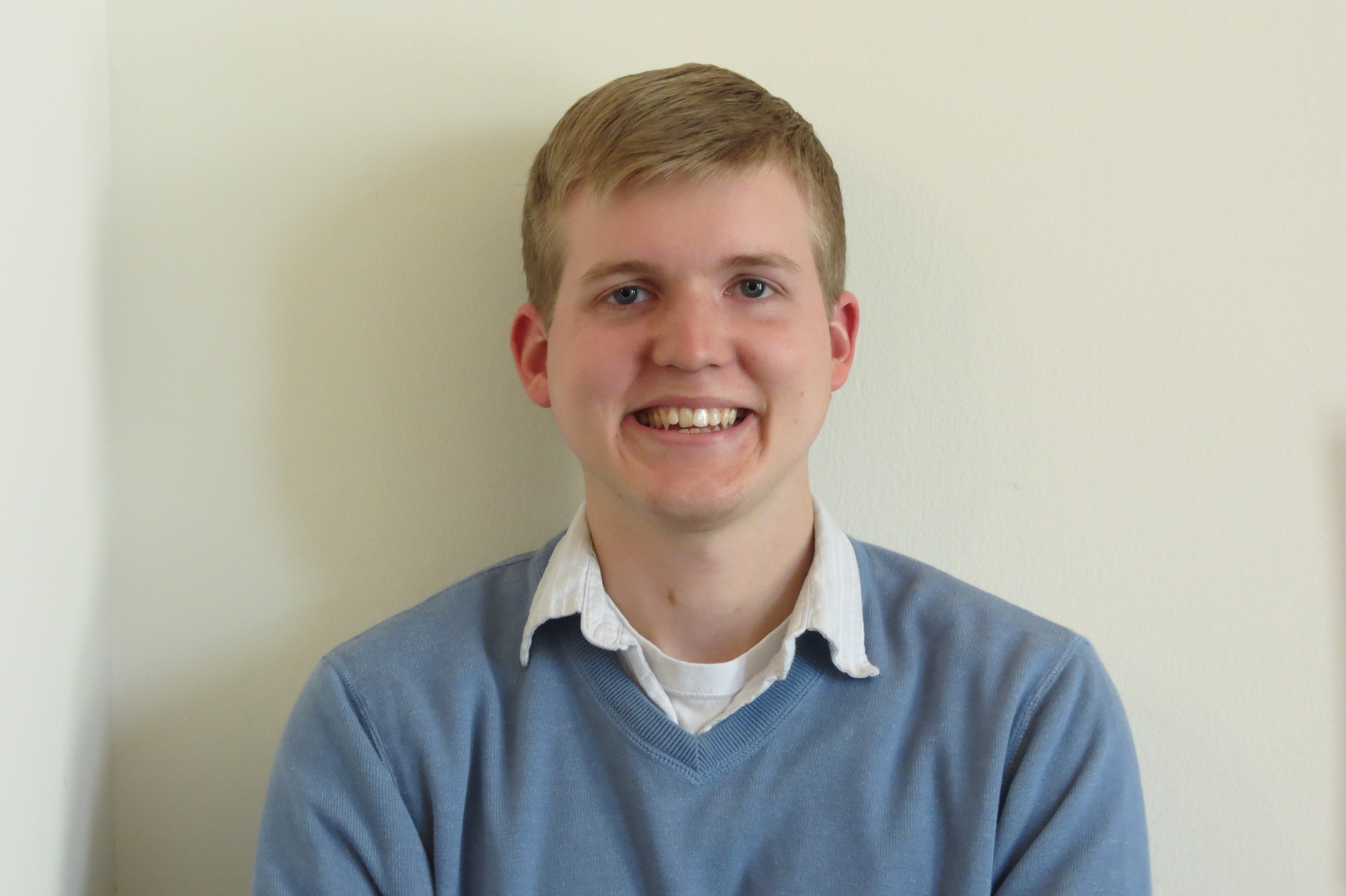Mapping racism
A recent article in the Washington Post showed a map of “the most racist parts” of the United States. This map was determined by data from Google, who had tracked the frequency of searches for a particular racial slur in media markets across the country. Markets that had a higher search rate were classified as more racist than those that had a lower search rate.
The map classified Baltimore as less racist than average. If this methodology is taken at face value, then apparently the recent protests over the death of Freddie Gray were mistaken.
In reality, the Google study is a prime example of defining the parameters of racism too narrowly, such as the use of offensive language. While that is one measure, it stops far short of recognizing the ways in which racism and racist systems are a serious problem in the United States today.
People of color are being disproportionately locked up in the criminal justice system in this country, leading to the term “mass incarceration.” The statistics are outrageous. The United States has 5 percent of the world’s population, but 25 percent of its incarcerated population. One in three African-American men will spend part of life behind bars. Today 2.4 million people are currently in prison in the “land of liberty.” The community that Freddie Gray came from is a prime example of the havoc that the failed policies of mass incarceration have wreaked.
Mass incarceration and its racial disparities affect all of us, whether we realize it or not. As Christians, we are called to community with one another, regardless of race or class, and to care about circumstances and illnesses which lead people to turn to drugs. “For just as each of us has one body with many members, and these members do not all have the same function, so in Christ we, though many, form one body, and each member belongs to all the others” (Romans 12:4-5, NIV). We are responsible for all members of our communities, whether they live in the closest house to us or the closest prison to us.
This means that we are also called to action. We are called to act to end systems of injustice, and to bring about reconciliation between conflicting groups in our society, whether they are police, protesters, pastors, neighbors, or strangers.
This is, of course, easier said than done. Our society is filled with injustices, many of them based on race, and they will not be changed overnight. However, the first step is to acknowledge their existence and to understand why and how they are perpetuated.
There are also specific proposals in Congress to address the problem of mass incarceration. The Smarter Sentencing Act, for example, would significantly reduce some of the more egregious mandatory minimums. The Justice Safety Valve Act would grant federal judges the power to exercise greater discretion when sentencing drug offenders, and not be hamstrung by mandatory minimums laws.
Let us all examine our own lives, communities and practices as a nation for the kind of racism that needs to be eradicated, a kind that will not easily show up on Google’s map.





